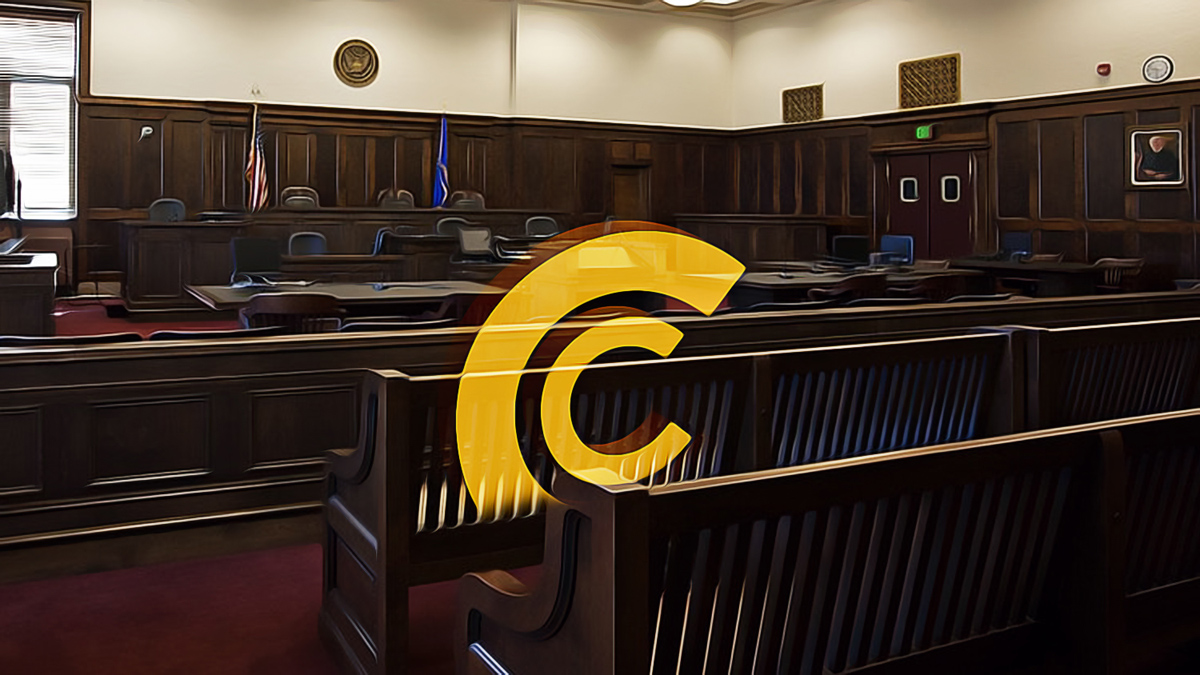Senator Tim Scott from South Carolina has indicated that a regulatory framework encompassing the cryptocurrency sector is expected to be enacted this year. In his remarks as the Chairman of the Senate Committee on Banking, Housing, and Urban Affairs, Scott criticized the current administration’s approach to cryptocurrencies.
Regulating Cryptocurrencies
Scott stated that this regulation would support the growth and innovation of cryptocurrency firms, thereby fostering domestic innovation. In this context, the Genius Act, which regulates stablecoins, has passed with bipartisan support (18-6 votes) in the Senate Banking Committee. The aim of these rules is to enhance America’s economic competitiveness.
Additionally, Scott mentioned that a new legislative initiative aimed at structuring the cryptocurrency market is also on the agenda. The Digital Asset Market Structure and Investor Protection Act is a notable example. This proposed legislation is expected to enhance the regulatory authority of the Commodity Futures Trading Commission (CFTC) while also delineating the powers of the Securities and Exchange Commission (SEC).
Legislative Initiatives for Market Structure
Scott’s statements reflect a belief that prior administrations did not adequately support regulations in the cryptocurrency space. According to him, the Biden administration and SEC Chairman Gary Gensler’s negative stance towards cryptocurrencies has stifled innovation in the sector.
Senator Tim Scott stated: “Innovation must happen before regulation. Allowing innovation in our country’s cryptocurrency space is critical to our economic superiority. President Trump’s pioneering steps in this area also contribute to accelerating the process.”
It was emphasized that the regulatory framework would be developed to provide the cryptocurrency sector with a competitive edge on a global scale. This step aims to eliminate uncertainties in the sector and protect investors.
The Senate Banking Committee’s work is progressing with bipartisan support, and a decrease in regulatory uncertainties is anticipated for the sector’s future. It was noted that the legislative process is being closely monitored.
These efforts towards digital asset regulation are seen as part of the United States’ attempts to enhance its global economic competitiveness. The developments will be closely followed for their contributions to the sector’s innovation capacity and market structure.

 Türkçe
Türkçe Español
Español









